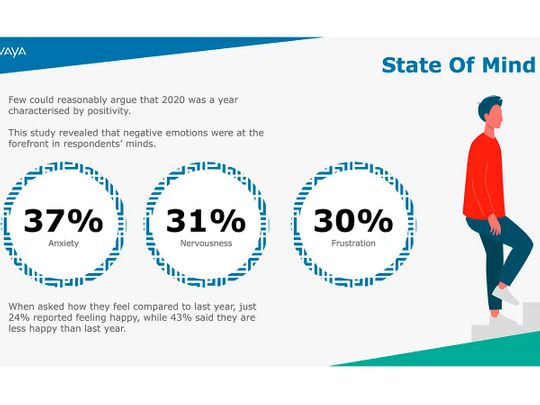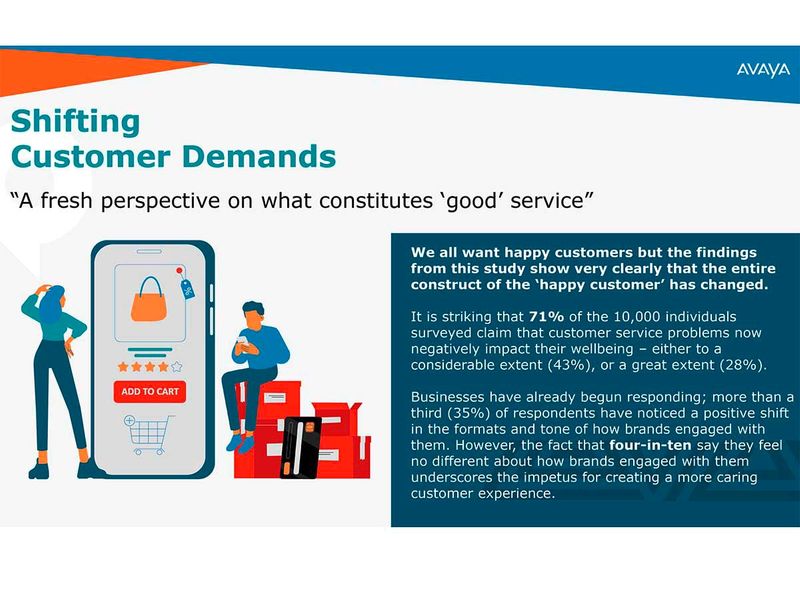
Dubai: Home or office? Or both?
UAE’s workforce are evenly split between those who are happy to work-from-home compared to those who prefer to spend their work hours at the office. But a good majority – 64 per cent – prefer to have the luxury of a hybrid work model, according to a survey by the tech company Avaya. This, they feel, would contribute to their ‘happiness’.
That compares to 40 per cent of respondents in Germany, 44 per cent in the UK, and 62 per cent in the US who said they would quite fine with a hybrid work routine. For now, 51 per cent of UAE respondents say they felt happier over the last 12 months as a result of working from home. Obviously, this stems a great deal from the extra security they felt they had in countering COVID-19 infections.
The survey comes at a time when reports are also coming through about the mental health issues from having to do all of their work from home and the lessening of in-person social connectivity this means.
But worries surface
Concerns over the nature of future of work are never far off. Over half said that returning to the office full-time would be their biggest worry, while 44 per cent identified being replaced by automation as their top concern.
“The key finding is that 40 per cent of UAE employees actually worry about working from home forever,” said Nidal Abou-Ltaif, President – International, Avaya. This means a “key requirement for business success in 2021 and beyond will be building a hybrid model of work that suits the needs of every employee.”

Need for more
While nature of work is a concern, nearly a quarter of UAE respondents said they had challenges to overcome as a result of the remote working model, and 25 per cent said that they do not have access to the technology they need to work remotely.
Many employees were also struggling with their working environments at home, with 47 per cent expressing a need for more space, and 33 per cent saying that working from home was not appropriate for family life.








